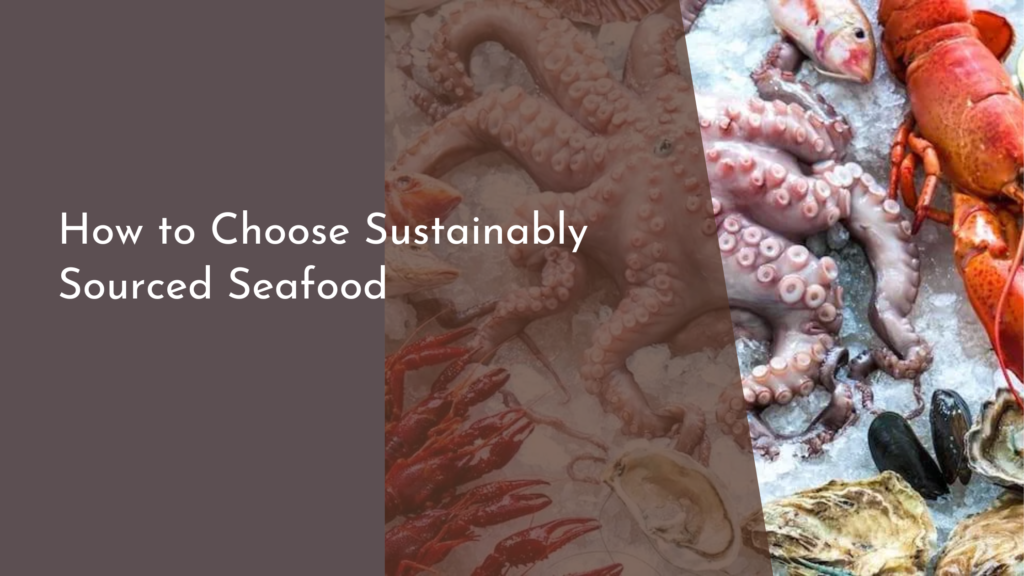How to Advocate for Plastic Alternatives Locally
Advocating for plastic alternatives within your local community can be an empowering and rewarding endeavor. The pervasive use of plastic has far-reaching environmental and health impacts, driving the necessity for more sustainable options. By understanding these impacts, discovering local solutions, building supportive communities, and creatively spreading awareness, anyone can contribute to reducing plastic waste and fostering a more sustainable future.
Understanding the Impact of Plastic Waste
Plastic waste has become a significant environmental issue, with millions of tons ending up in landfills and oceans each year. This waste contributes to pollution, harms wildlife, and disrupts ecosystems. Plastic takes hundreds of years to decompose, releasing toxins into the soil and water, making its impact long-lasting and far-reaching. By understanding these issues, individuals can better appreciate the importance of finding alternatives and advocate effectively for change.
Beyond environmental consequences, plastic poses health risks to humans as well. Microplastics, tiny plastic particles, have been detected in the air, water, and even the food we consume. Exposure to these particles can lead to various health problems, including endocrine disruption and increased cancer risk. By recognizing the breadth of plastic’s impact, people can become more motivated to seek and promote sustainable alternatives in their communities.
Discovering Local Plastic Alternatives
One of the first steps in advocating for plastic alternatives is to discover what options are available locally. Many communities offer resources such as compostable bags, reusable containers, or local stores that prioritize eco-friendly packaging. Investigate farmers’ markets, local co-ops, or online platforms dedicated to sustainable products to identify alternatives that best fit your community’s needs.
Engaging with local businesses can also uncover potential plastic alternatives. Many companies are eager to adopt sustainable practices and are open to suggestions for improvement. By having conversations with local shop owners, restaurants, and service providers, individuals can encourage the use of biodegradable materials, bulk buying, and other practices that minimize plastic use.
Building a Community Around Change
Building a supportive community is essential for sustained change. Start by connecting with local environmental groups, schools, or community centers that share a passion for sustainability. Collaboratively, you can organize events such as clean-up days, workshops, or educational talks to raise awareness about plastic waste and its alternatives.
Creating a dedicated social media group or online forum can also help in rallying community support. These platforms allow for the sharing of ideas, success stories, and resources, making it easier for individuals to stay informed and engaged. By fostering a sense of community, you can amplify your advocacy efforts and inspire more people to take action against plastic waste.
Creative Ways to Spread Awareness
There are numerous creative ways to spread awareness about the need for plastic alternatives. Hosting art exhibits or installations made from recycled materials can visually convey the impact of plastic waste and the potential of recycling. These artistic endeavors can attract attention and initiate conversations about sustainability in a fun and engaging manner.
Educational campaigns are another effective way to spread awareness. Consider designing informative flyers or infographics that highlight the benefits of plastic alternatives and distribute them at local events or through social media. Organizing contests or challenges, such as a "plastic-free week," can also engage the community and encourage individuals to try sustainable practices in a supportive and interactive way.
By understanding the impact of plastic waste and exploring local alternatives, communities can make meaningful strides toward sustainability. Building a network of like-minded individuals and employing creative methods to spread awareness are crucial steps in this journey. Together, we can drive change and create a healthier planet for future generations by advocating for plastic alternatives locally.

